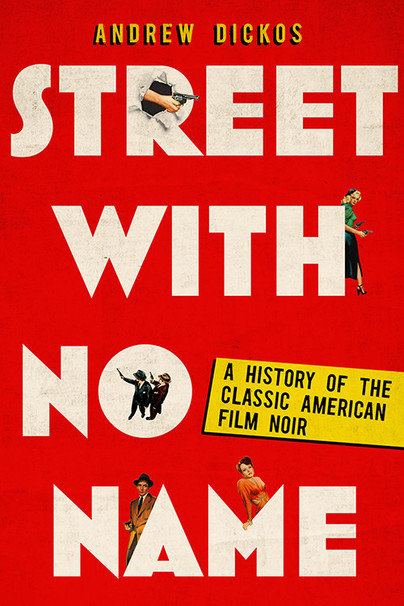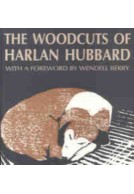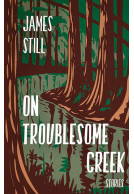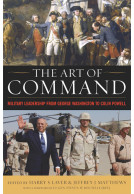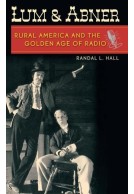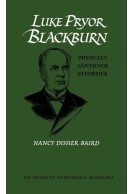Google Books previews are unavailable because you have chosen to turn off third party cookies for enhanced content. Visit our cookies page to review your cookie settings.
Street with No Name (Paperback)
A History of the Classic American Film Noir
Imprint: University Press of Kentucky
Pages: 318
Illustrations: 89 b&w photos
ISBN: 9780813152196
Published: 26th October 2021
Script Academic & Professional
Pages: 318
Illustrations: 89 b&w photos
ISBN: 9780813152196
Published: 26th October 2021
Script Academic & Professional
You'll be £27.00 closer to your next £10.00 credit when you purchase Street with No Name. What's this?
+£4.99 UK Delivery or free UK delivery if order is over £40
(click here for international delivery rates)
Need a currency converter? Check XE.com for live rates
(click here for international delivery rates)
Need a currency converter? Check XE.com for live rates
Flourishing in the United States during the 1940s and 50s, the bleak, violent genre of filmmaking known as film noir reflected the attitudes of writers and auteur directors influenced by the events of the turbulent mid-twentieth century. Films such as Force of Evil, Night and the City, Double Indemnity, The Big Heat, The Killers, Kiss Me Deadly and, more recently, Chinatown and The Grifters are indelibly American. Yet the sources of this genre were found in Germany and France and imported to Hollywood by emigre filmmakers, who developed them and allowed a vibrant genre to flourish.
Andrew Dickos's Street with No Name traces the film noir genre back to its roots in German Expressionist cinema and the French cinema of the interwar years. Dickos describes the development of the film noir in America from 1941 through the 1970s and examines how this development expresses a modern cinema. He argues that, in its most satisfying form, the film noir exists as a series of conventions with an iconography and characters of distinctive significance. Through stylized lighting and urban settings, these films tell a melodramatic narrative involving characters who commit crimes predicated on destructive passions, corruption, and a submission to human weakness and fate.
Unlike other studies of the noir, Street with No Name follows its development in a loosely historical style that associates certain noir directors with those features in their films that helped define the scope of the genre. Dickos examines notable directors such as Orson Welles, Fritz Lang, John Huston, Nicholas Ray, Robert Aldrich, Samuel Fuller, Otto Preminger, Robert Siodmak, Abraham Polonsky, Jules Dassin, Anthony Mann, and others. He also charts the genre's influence on such celebrated post-war French filmmakers as Jean-Pierre Melville, Francois Truffaut, and Jean-Luc Godard.
Addressing the aesthetic, cultural, political, and social concerns depicted in the genre, Street with No Name demonstrates how the film noir generates a highly expressive, raw, and violent mood as it exposes the ambiguities of modern postwar society.
Other titles in University Press of Kentucky...







